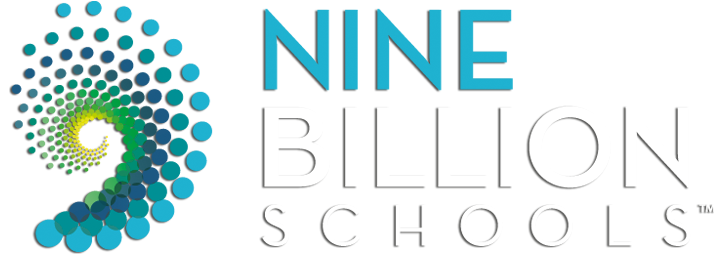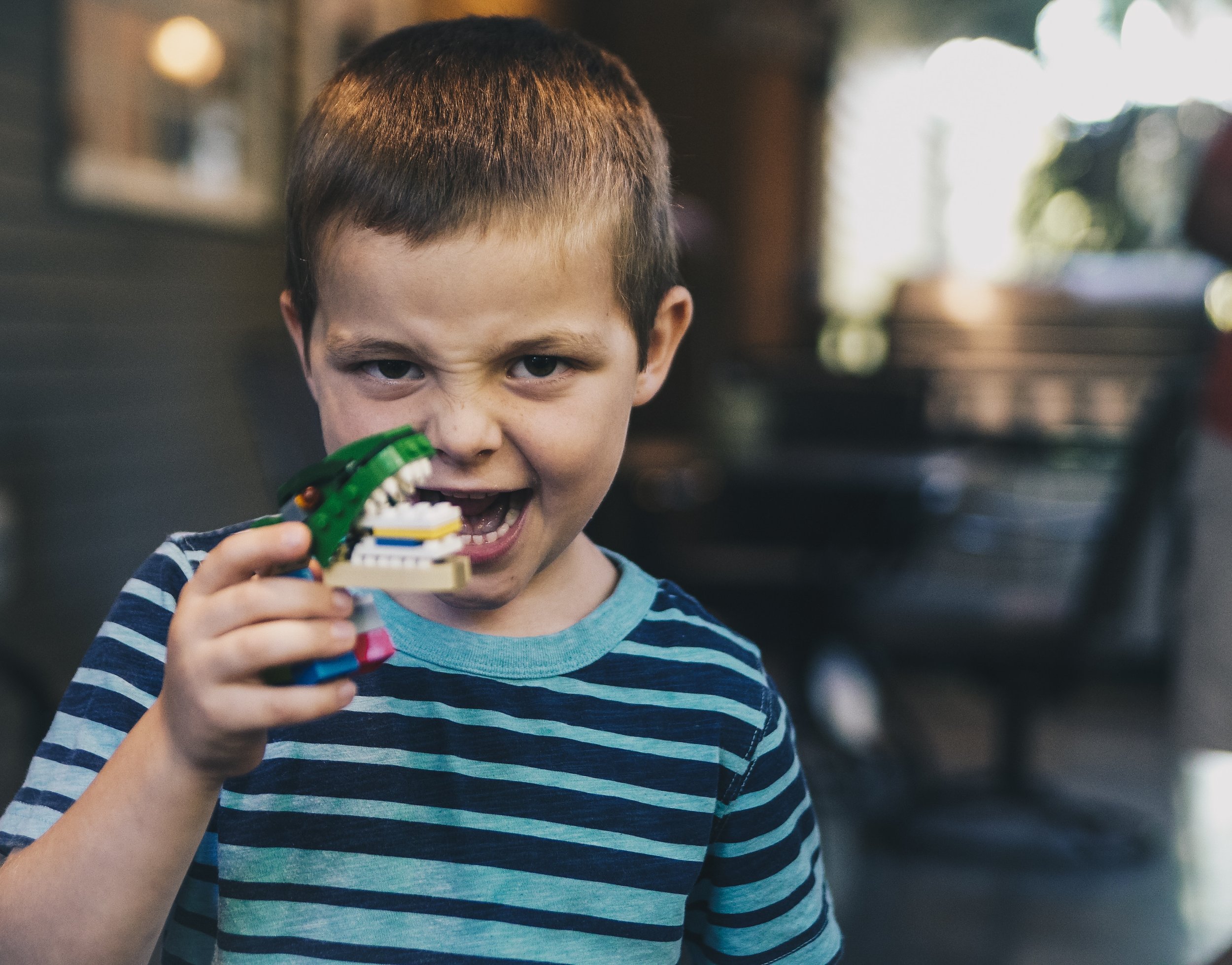Guest Blog: The Role of Imagination in Learning
Many would agree that the underlying purpose of a school and all of its activities is to develop children as learners who are interested in the process of learning. But many people don’t realize that imagination plays an integral role in both the enjoyment and richness of education, and should be incorporated more often.
Imagination and learning are both lifelong
I grew up struggling with all things history. The dry texts simply bored me, and the amount of memorization intimidated me. It made for an easy answer when people asked, “What’s your least favorite subject?” That all changed when I entered middle school, though—Social Studies quickly became my favorite class. I credit my teacher and her creative style. As a little girl who used to wake up and reach for a crayon first thing every morning, this teacher spoke my language!
Lectures and readings were supplemented with projects. My favorite projects included an A-Z Constitution Children’s Book complete with original illustrations and a Silk Road Video that I recruited all the neighbor kids to play a role in. Every historical event came to life and the information clicked because my teacher left space for our imaginations to not just play a role in our learning, but actually drive it.
I’ve found that imagination drives my learning just as much today as it did ten years ago.
Imagination manifests itself now in more non-formal learning environments. Much of my learning has taken place outside of lecture halls. For example, as a marketing student with a passion for photography, I have spent many hours admiring photographers’ work and dreaming up photo shoots of my own, that have led me to watch YouTube tutorial upon YouTube tutorial to learn everything I need to know in order to get me there. In all of my co-ops and internships, I’ve grown the most by jumping into projects that are outside of my comfort zone and require me to think outside of the box.
Imagining in a wide variety of places
When I was 5 years old, imagination took place in my kindergarten class, in my bedroom full of stuffed animals, and in restaurants (most likely playing with my food instead of earing it). Today, my imagination runs wild in a variety of places, too. Work and school may be obvious… but even as I moved into my new house this summer, I pictured how each room might one day resemble my HGVT worthy “Home Decorating” Pinterest board. While Christmas shopping, I imagine loved ones’ reactions to different kinds of gifts in order to help me discern what to buy. Whether mastering the art of wood staining on our custom bench or realizing new passions or appreciations of my friends and family members, it all results in learning in different ways.
Understanding the depth of our imaginations
Part of 9 Billion Schools is the belief that learning is life-long, life-wide and life-deep. Incorporating imagination into our learning experiences allows us to dive deeper into a topic or experience and explore it at a more meaningful level. This life-deep element of imaginative learning is just one way using our imaginations helps improve our learning experiences.
Researcher Stephanie Carlson, an expert on childhood brain development at the University of Minnesota, argues that the link between imagination and executive function is that “practice in pretending helps you come up with alternative ways of being—and of seeing an issue—and results in more creativity and better problem-solving.” Even neuroscience proves this. To get to innovative ideas and solutions, our brain toggles back and forth between the left (fact-finding) and right (imaginative) lobes, “or between reality and possibility.”
Classroom curricula that align with 9 Billion Schools’ mantra often involve series of student-specific questions and activities that require deep and creative thought to solve. Simple, standardized questions don’t engage each and every students’ imaginations to the same degree. Solving this very problem requires deep, creative thinking, and that’s what this movement seeks to solve.
How does your imagination drive you? How do you incorporate imagination into your education, work or leisure activities? Share your experiences with us in the comments or connect with us on Facebook or Twitter.






